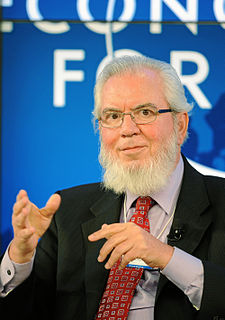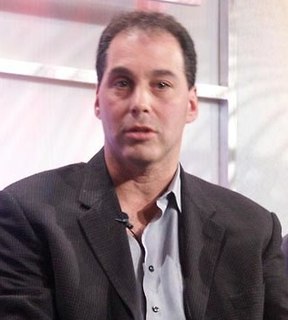A Quote by Ursula Burns
As I've progressed in my career, I've come to appreciate - and really value - the other attributes that define a company's success beyond the P&L: great leadership, long-term financial strength, ethical business practices, evolving business strategies, sound governance, powerful brands, values-based decision-making.
Quote Topics
Business
Leadership
Strength
Appreciate
Attributes
Based
Beyond
Brands
Career
Come
Company
Decision
Decision-Making
Define
Ethical
Evolving
Financial
Governance
Great
Great Leader
Great Leaders
Great Leadership
Long
Long-Term
Making
Other
Powerful
Practices
Really
Sound
Strategies
Success
Term
Value
Values
Related Quotes
As Ive progressed in my career, Ive come to appreciate -- and really value -- the other attributes that define a companys success beyond the P&L: great leadership, long-term financial strength, ethical business practices, evolving business strategies, sound governance, powerful brands, values-based decision-making.
If we want to identify the great success of American research universities, and that success goes far beyond Harvard, we have to come back to the question of governance. Excellence requires a firewall between trusteeship, or government ministries, and the academic decision-making process. This American concept of shared governance wherein the faculty are engaged in running the university as part of a collaboration with the other stakeholders.
Under the Foreign Corrupt Practices Act, a company is not allowed to provide a personal benefit to a decision maker in return for business. But hiring the sons and daughters of powerful executives and politicians is hardly just the province of banks doing business in China: it has been a time-tested practice here in the United States.
Being captive to quarterly earnings isn't consistent with long-term value creation. This pressure and the short term focus of equity markets make it difficult for a public company to invest for long-term success, and tend to force company leaders to sacrifice long-term results to protect current earnings.
By all indications, American business leaders are more adept at creating business strategies than they are skilled at human capital management. American entrepreneurs are world-beaters when it comes to creating new businesses, and corporate managers are adept at using the latest marketing, financial, and technological practices.
While business advertises, charity is taught to beg. While business motivates with a dollar, charity is told to motivate with guilt. While business takes chances, charity is expected to be cautious. We measure the success of businesses over the long term, but we want our gratification in charity immediately. We are taught that a return on investment should be offered for making consumer goods, but not for making a better world.
The thing that I learned early on is you really need to set goals in your life, both short-term and long-term, just like you do in business. Having that long-term goal will enable you to have a plan on how to achieve it. We apply these skills in business, yet when it comes to ourselves, we rarely apply them.


































